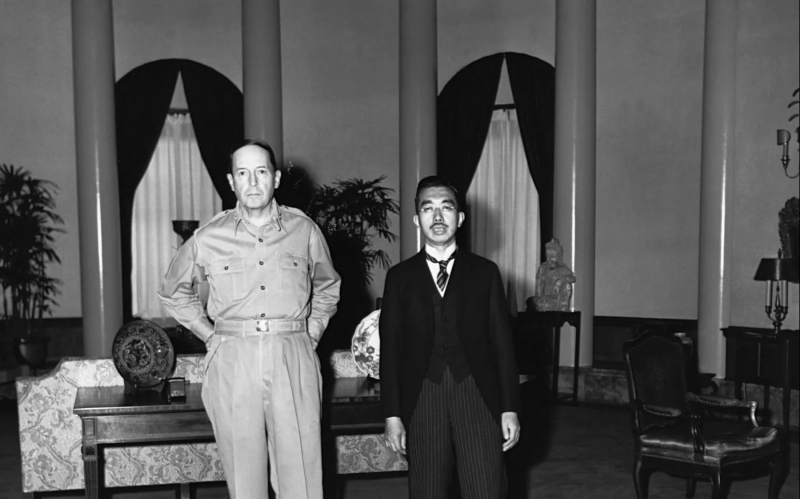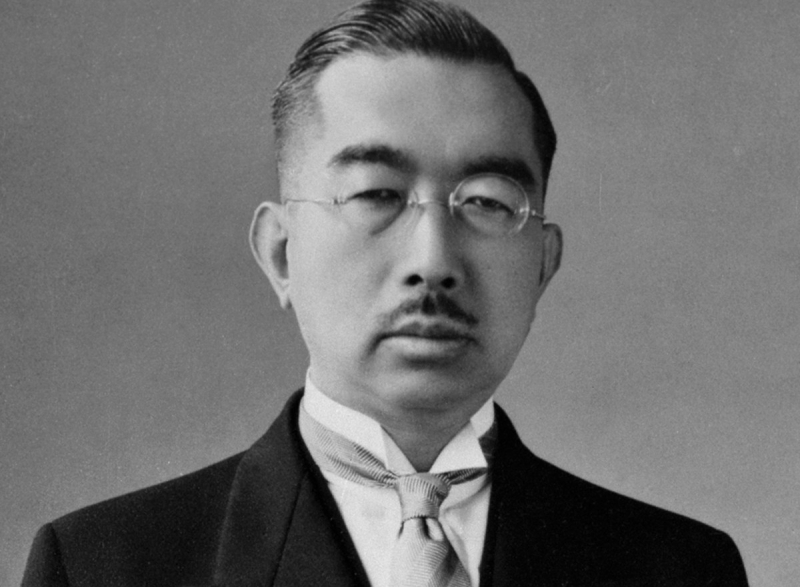Emperor Hirohito Was Reduced To A Powerless State Symbol After The War

The Japanese government amended the constitution following World War II. They kept the monarchy but took the emperor's authority away. All political authority was given to elected officials. The emperor was reduced to a ceremonial role. Due to his participation in the war, Hirohito was exempt from prosecution. To avoid starting a new conflict, the Americans spared him.
A post-war constitution kept the monarchy in place but described the emperor as merely a state symbol. Representatives who had been elected held all political power. Hirohito was not charged as a war criminal, in contrast to many of his senior military officials, in part because of U.S. authorities' concerns that it may destabilize their occupation. Hirohito traveled the nation and oversaw rehabilitation work from 1945 to 1951. After the American occupation ended in 1952, Hirohito mostly remained in the background while Japan experienced an era of explosive economic expansion. Hirohito made a number of public appearances during this period. His standing and the imperial system both grew as a result. Having ruled for nearly 64 years, the longest imperial reign in Japanese history, he passed away on January 7, 1989. The performance of Hirohito during the war is still a hotly contested topic.









